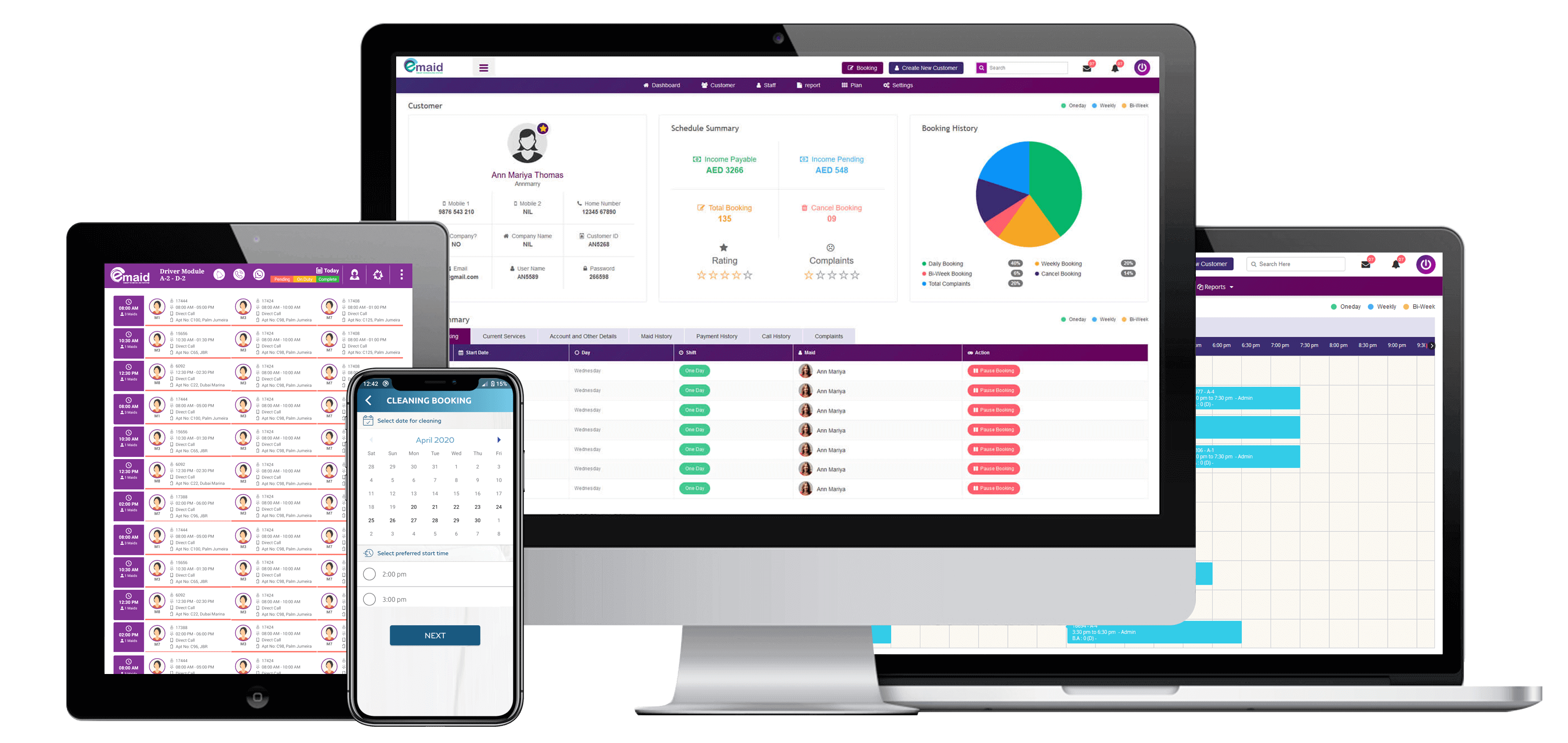
Software development is a highly rewarding and dynamic field that involves the creation, design, and maintenance of computer software and applications. It's a field that offers a wide range of career opportunities and allows you to bring innovative ideas to life. Here are some key aspects and considerations related to software development:
Programming Languages: Software developers use programming languages to write code. Common languages include Python, Java, C++, JavaScript, Ruby, and many others. The choice of language often depends on the type of software being developed.
Development Environments: Developers work in integrated development environments (IDEs) or text editors to write, test, and debug code. Popular IDEs include Visual Studio Code, IntelliJ IDEA, and Eclipse.
Software Development Life Cycle (SDLC): Understanding the SDLC is crucial. It includes phases like requirements analysis, design, coding, testing, deployment, and maintenance.
Continuous Integration and Continuous Deployment (CI/CD): CI/CD pipelines automate the building, testing, and deployment of software applications. This ensures rapid and reliable software delivery and is a crucial aspect of DevOps practices.
Specialization: Software development has many specializations, such as web development, mobile app development, game development, artificial intelligence, machine learning, and more. Consider which area interests you the most.
Version Control: Tools like Git and GitHub are essential for tracking changes in code and collaborating with other developers.
Self-Service Portals: Providing self-service portals for end-users and IT teams can empower them to perform tasks like password resets, software installations, or resource provisioning without direct IT intervention.
Database Management: Many applications require databases to store and retrieve data. Learning about database management systems (DBMS) is important.
Frameworks and Libraries: Developers often use frameworks and libraries to streamline development. For example, web developers might use React or Angular for front-end development.
Testing: Quality assurance is a critical part of development. Learning about testing methodologies and tools is essential to ensure the reliability of your software.
Documentation: Writing clear and comprehensive documentation is crucial for yourself and other developers who may work on your code.
Security: Understanding security principles and best practices is vital to protect your software from vulnerabilities and threats.
Agile and Scrum: Many development teams use Agile methodologies like Scrum to manage projects and enhance collaboration.
Continuous Integration/Continuous Deployment (CI/CD): CI/CD practices automate the testing and deployment of code, ensuring a streamlined development process.
Problem Solving: Software development involves a lot of problem-solving. You'll encounter bugs and challenges that require analytical thinking and creative solutions.
Soft Skills: Effective communication, teamwork, and time management are important soft skills for software developers.
Learning: The tech industry evolves rapidly. Be prepared to continue learning throughout your career to stay up-to-date with new technologies and trends.
Portfolio: Building a portfolio of your projects can help showcase your skills to potential employers or clients.
Open Source Contributions: Contributing to open-source projects is a great way to gain experience and collaborate with other developers.
Ethics: Consider the ethical implications of the software you develop, especially if it involves sensitive data or AI technologies.
Software development is a versatile field with a wide range of opportunities, from working for tech giants to launching your own startup. Whether you're interested in front-end development, back-end development, or full-stack development, there's a place for you in this ever-evolving industry. Start by learning the basics of programming and gradually delve into more specialized areas as your skills grow.


